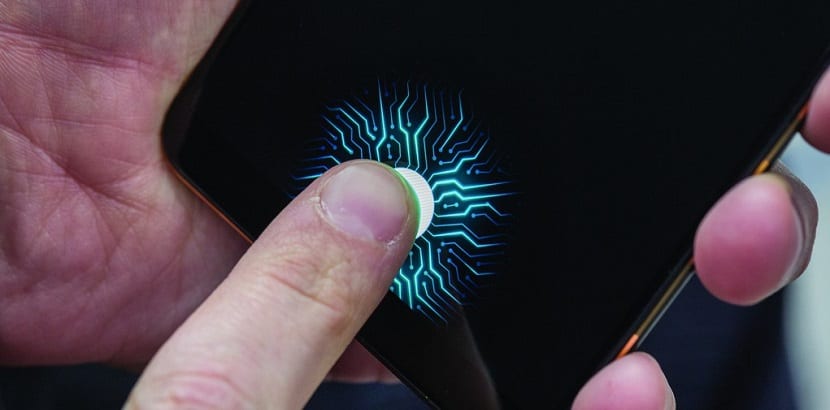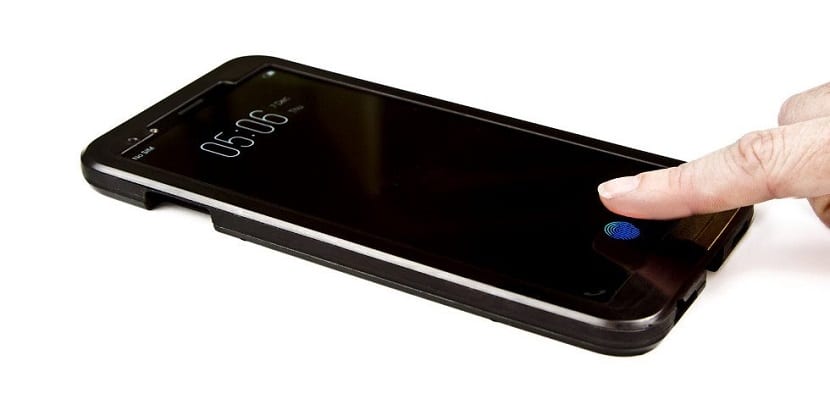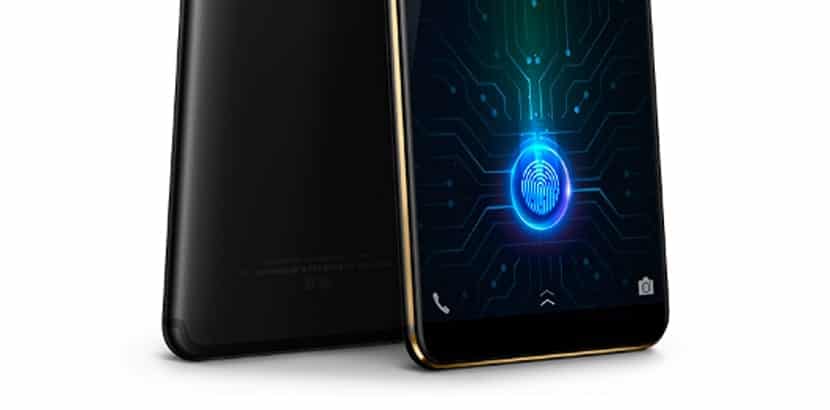
Many are the companies that today are working on improving both security and the way we access our devices. Along these lines, while Apple seems to bet on a complex facial recognition system, there are many companies that prefer to continue using fingerprint identification systems, which would not allow the use of those infinite screens that are so fashionable lately due to the location of the necessary hardware to carry out this identification.
As you surely know, the solution that many manufacturers are reaching goes through well locate traditional readers in another area, for example on the back of the device, or use other types of proposals such as use a reader that would be located just behind the glass screen, with all the drawbacks that this technology still seems to have. Another option that has just hit the market is JDI, a company that has developed a type of transparent reader that can be perfectly integrated into a glass screen.

JDI introduces a glass fingerprint reader that can be integrated into any screen
Without a doubt, this type of reader, if it works really well and is as fast as the current ones, would be one of the most interesting options that companies like Samsung could find. In this field it seems that JDI, for those who do not know it, comment that we are talking about one of the largest companies on the planet dedicated to glass screen development for electronic devices, you have found the solution everyone is looking for, a reader which, supposedly, is made of glass.
This is precisely the main difference that we can find between this reader and the rest that already exists in the market since JDI's bet goes through a system that can seamlessly integrate as part of any glass display at the same time that it offers you the possibility of reading the print present on your finger as if it were a traditional fingerprint reader.
As you are surely thinking, one of the applications that can make this type of glass fingerprint reader reach the market in a massive way may be the use on the screens of the future generation of smartphones that are still being developed by different companies. . Despite this, JDI has another idea for your system, which according to they themselves comment, can be ideal to be used in credit cards with a fingerprint, smart locks or other types of wearables.

One of the negative parts of the sensor developed by JDI is that it only works with LCD screens
Unfortunately, this type of technology seems to have a rather big drawback and that is that, according to the JDI itself, your device only works with LCD panels at the moment, something that practically rules out its use in all current high-end mobiles that, already in 2017, they were betting on a generalized use of OLED-type panels and, taking into account the general trend in all manufacturers, this 2018 the same will happen again.
Even so, there are still many possibilities that different companies will add them to their systems since, according to JDI, it seems This technology may begin to be used from next March of this year 2018. With this in mind, it seems very unlikely that we will be able to see until 2019 a device equipped with this glass fingerprint sensor since today all companies practically have their prototypes, which will be presented as a final product this year, in final phases of development or, in the case of those that are presented in the last months of the year, in a very advanced phase of development that greatly complicates the integration of a sensor like this.